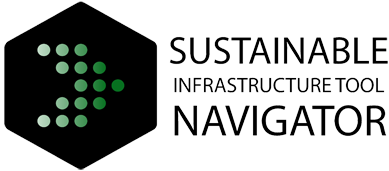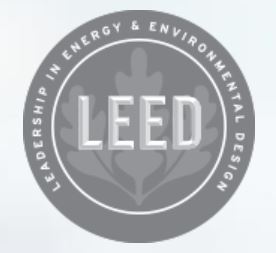LEED for Cities and Communities
Organization
Type(s) of Tool
Sector(s)
Lifecycle Phase(s)
Open Source
Language Availability
Country of Origin
Date of Development
Version
Description
LEED for Cities and Communities is a rating system that helps local leaders create responsible, sustainable and specific plans for natural systems, energy, water, waste, transportation and many other factors that contribute to quality of life. The tool allows cities and communities to select the focus areas of most import to their local stakeholders through credits and points while setting a baseline through prerequisites. There are two different options available for new cities and community projects in the planning and design phase and for existing places. A recertification option is available.
Tool Outcome
LEED for Cities and Communities awards projects with an official score and certification level (Certified – Silver – Gold – Platinum). Once certified, the tool helps local leaders to evaluate gaps, prioritize areas for improvement and credibly track progress toward overall sustainability objectives. Furthermore, LEEDS can be used as a benchmark performance against national and global standards, to demonstrate a commitment to sustainability, resilience and social equity, to develop a culture of data-driven decision making, transparency and leadership and, ultimately, to improve the standard of living and quality of life in cities and communities.
Sustainability Criteria
The tool measures sustainability across eight categories:
– Ecology & natural systems
– Transportation & land use
– Water efficiency
– Energy & GHG emissions
– Materials & resources
– Quality of life
– Innovation
– Regional priorities


